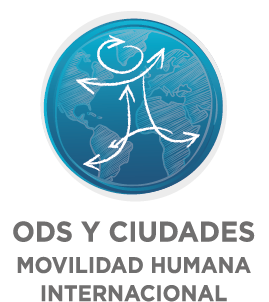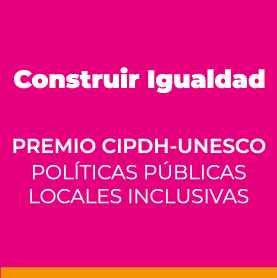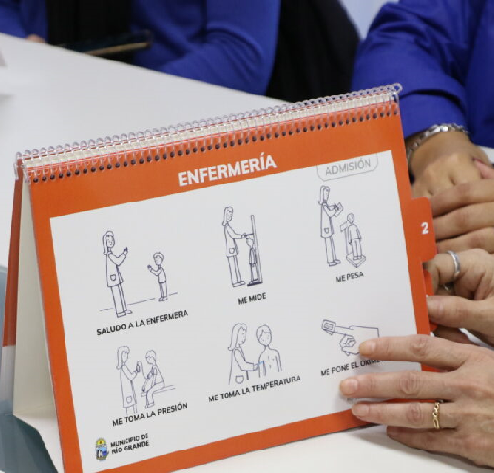
- Region
- Latin America and the Caribbean
- Range of Demographic Size
- 50,000 to 99,999 inhabitants (small intermediate)
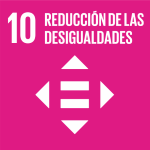
10-2 By 2030, empower and promote the social, economic and political inclusion of all, irrespective of age, sex, disability, race, ethnicity, origin, religion or economic or other status.
10.3 Ensure equal opportunity and reduce inequalities of outcome, including by eliminating discriminatory laws, policies and practices and promoting appropriate legislation, policies and action in this regard.
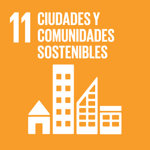
11.7 By 2030, provide universal access to safe, inclusive and accessible, green and public spaces, in particular for women and children, older persons and persons with disabilities.
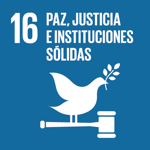
16.6 Develop effective, accountable and transparent institutions at all levels.
16.7 Ensure responsive, inclusive, participatory and representative decision-making at all levels.
Summary
The Municipal Program for Functional Diversity consists of a series of training courses provided to the municipal staff which are intended to improve assistance to people with disabilities. Education is offered on the best practices in customer assistance and sign language. It also includes the signaling project of all municipal public spaces with pictograms and the incorporation of Visual Support of Medical Procedures brochures.
Implementation Date:
Start: 08 / 22 / 2016
End: End: Currently in force
Persons with disabilities
Education and training
- Email: innovacionrg@gmail.com
- Web: https://riogrande.gob.ar/modernizacion
- Telephone: +54 2964 43-6200 436240 // 433553
- Social Network:
Instrumentos

10-2 By 2030, empower and promote the social, economic and political inclusion of all, irrespective of age, sex, disability, race, ethnicity, origin, religion or economic or other status.
10.3 Ensure equal opportunity and reduce inequalities of outcome, including by eliminating discriminatory laws, policies and practices and promoting appropriate legislation, policies and action in this regard.

11.7 By 2030, provide universal access to safe, inclusive and accessible, green and public spaces, in particular for women and children, older persons and persons with disabilities.

16.6 Develop effective, accountable and transparent institutions at all levels.
16.7 Ensure responsive, inclusive, participatory and representative decision-making at all levels.
Location
- Region
- Latin America and the Caribbean
- Range of Demographic Size
- 50,000 to 99,999 inhabitants (small intermediate)
Contact details
- Email: innovacionrg@gmail.com
- Web: https://riogrande.gob.ar/modernizacion
- Telephone: +54 2964 43-6200 436240 // 433553
- Social network:



